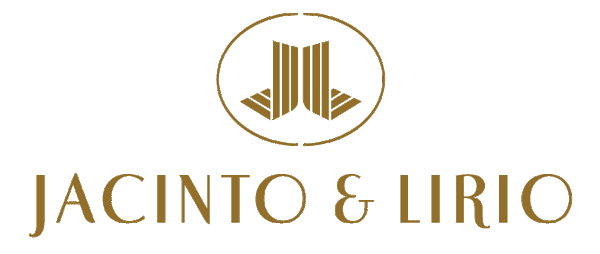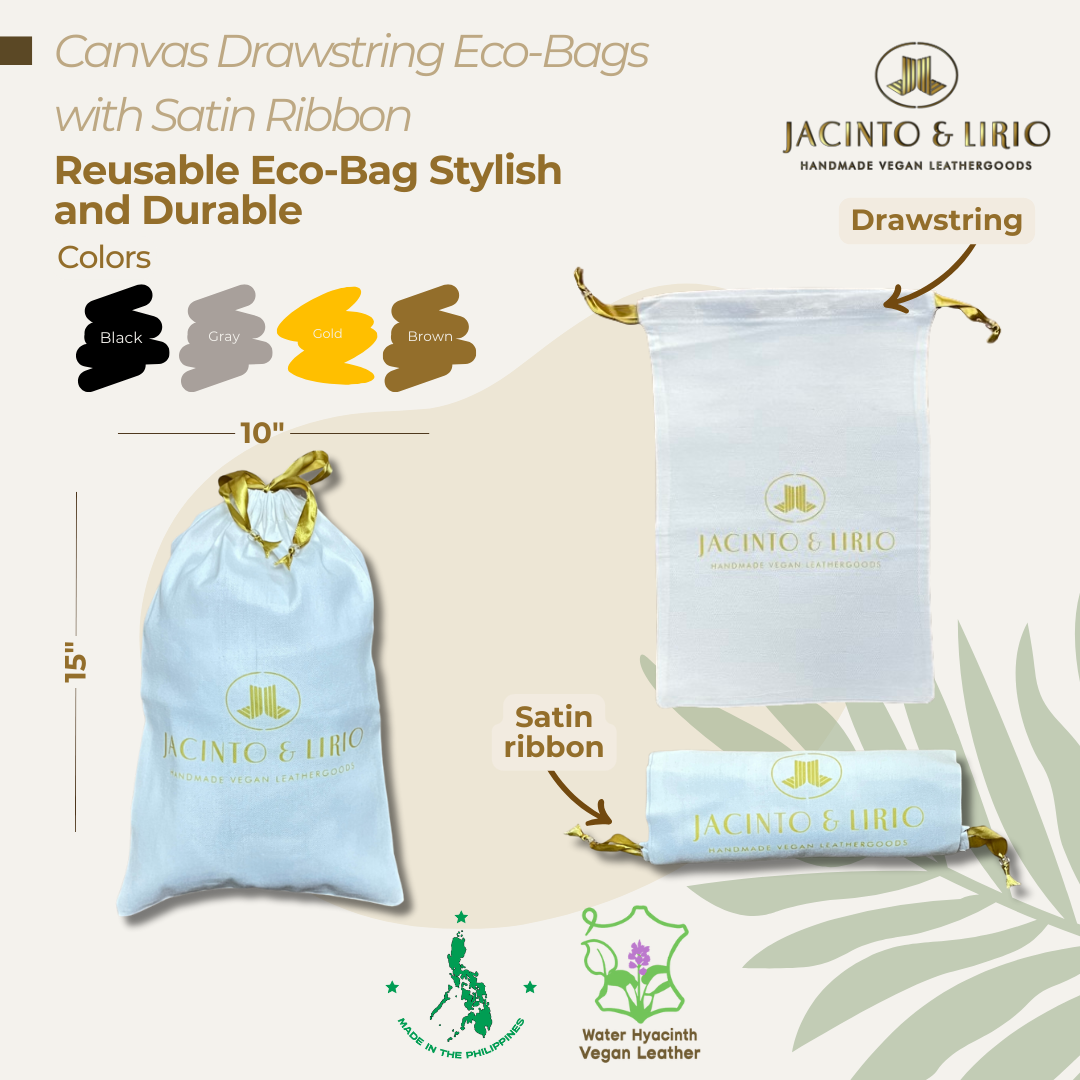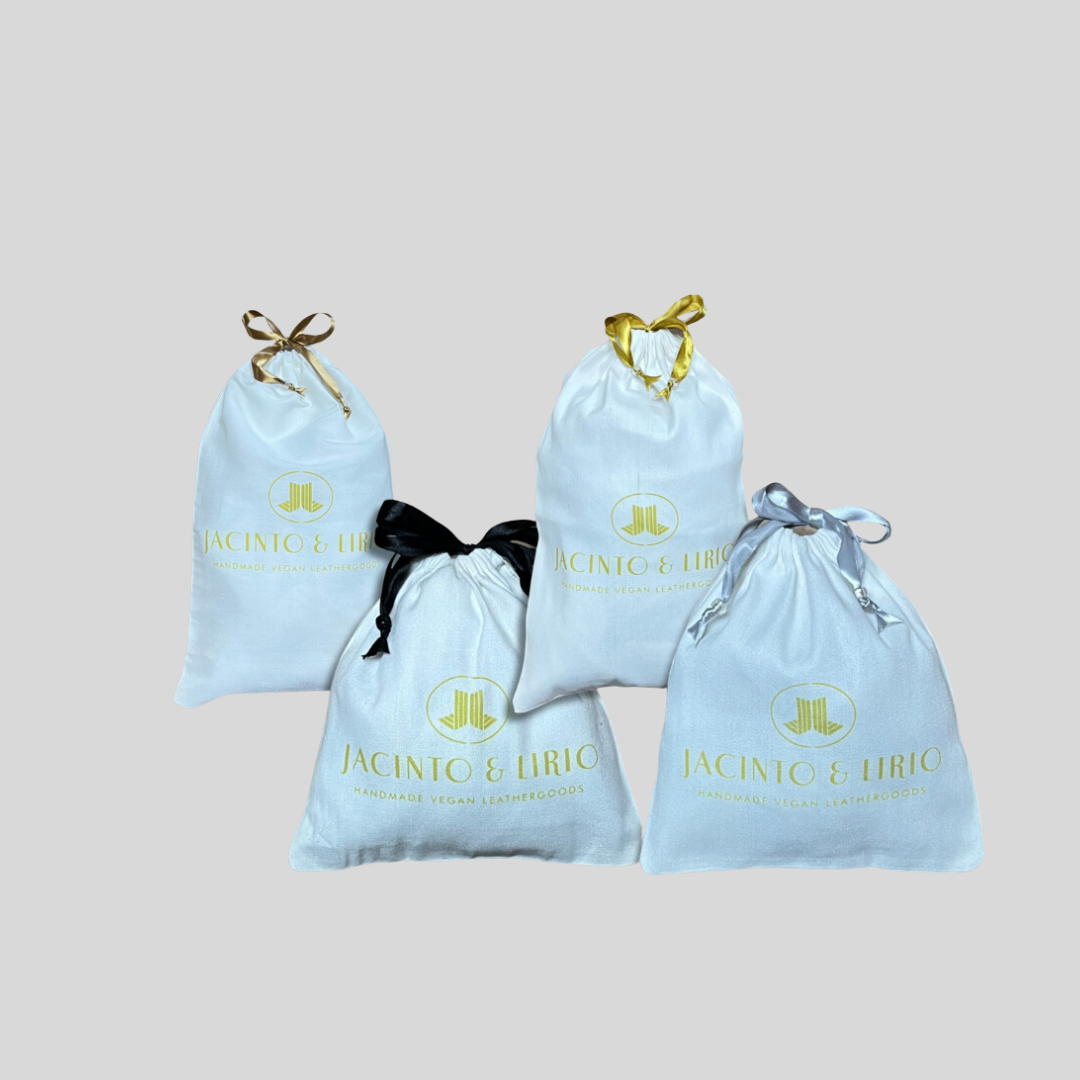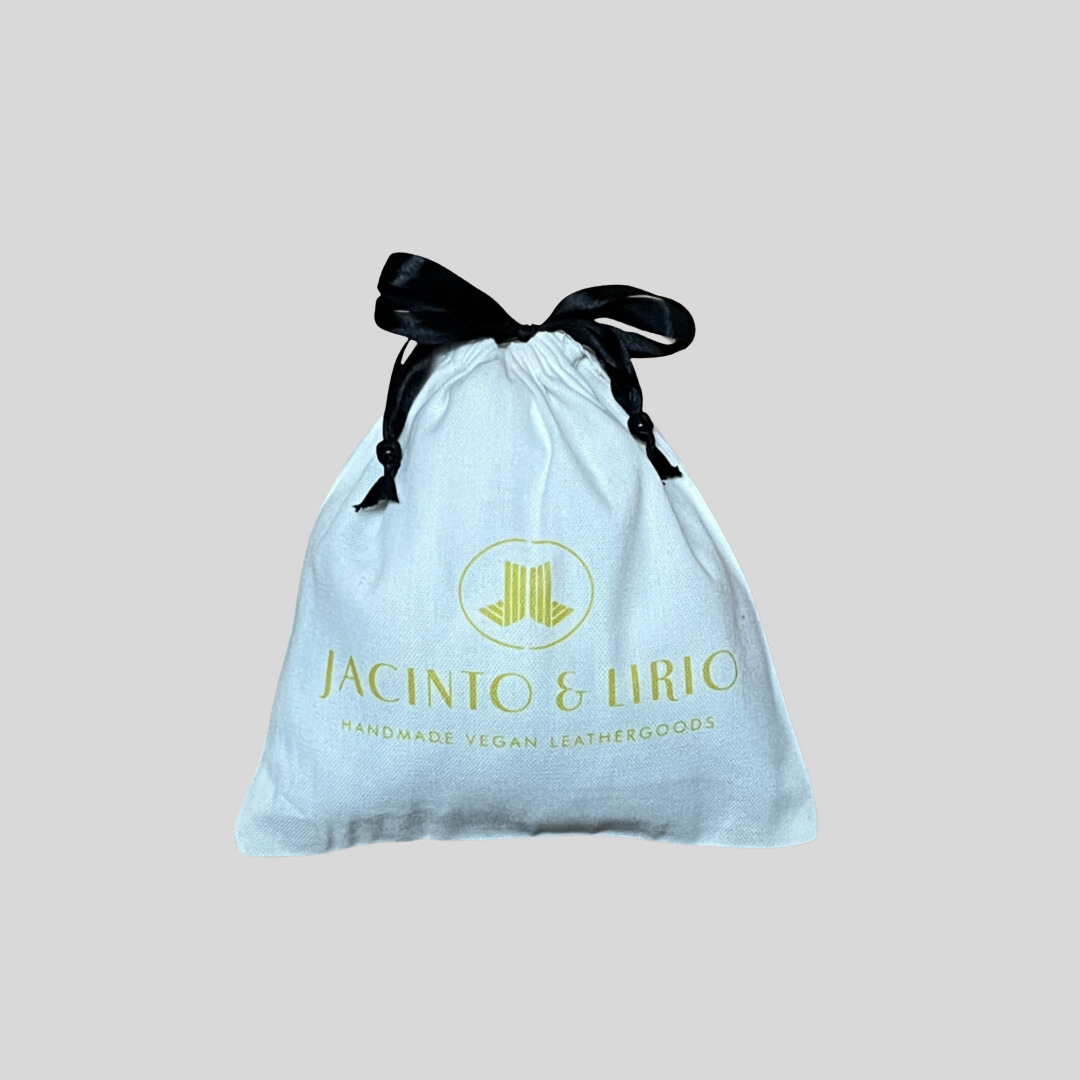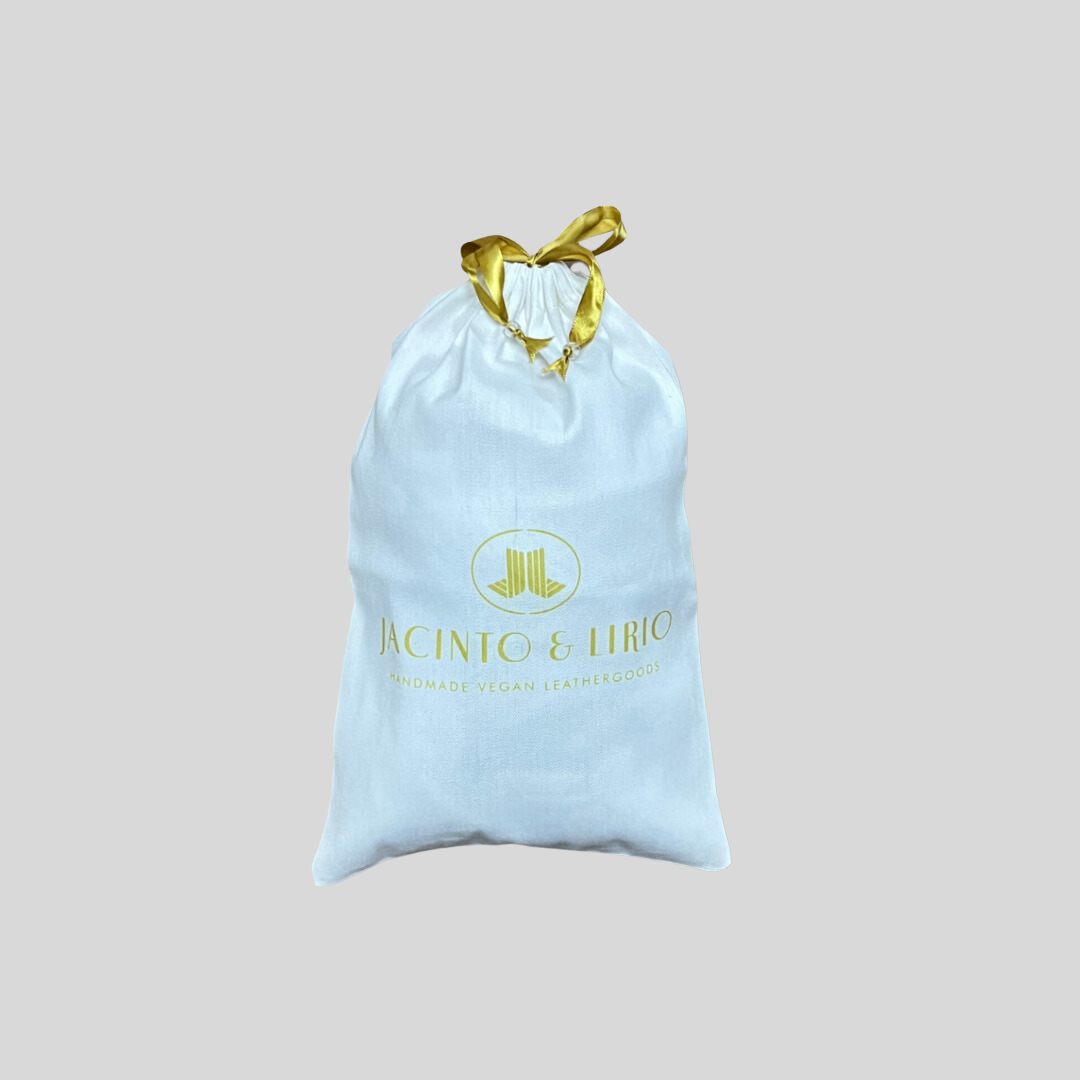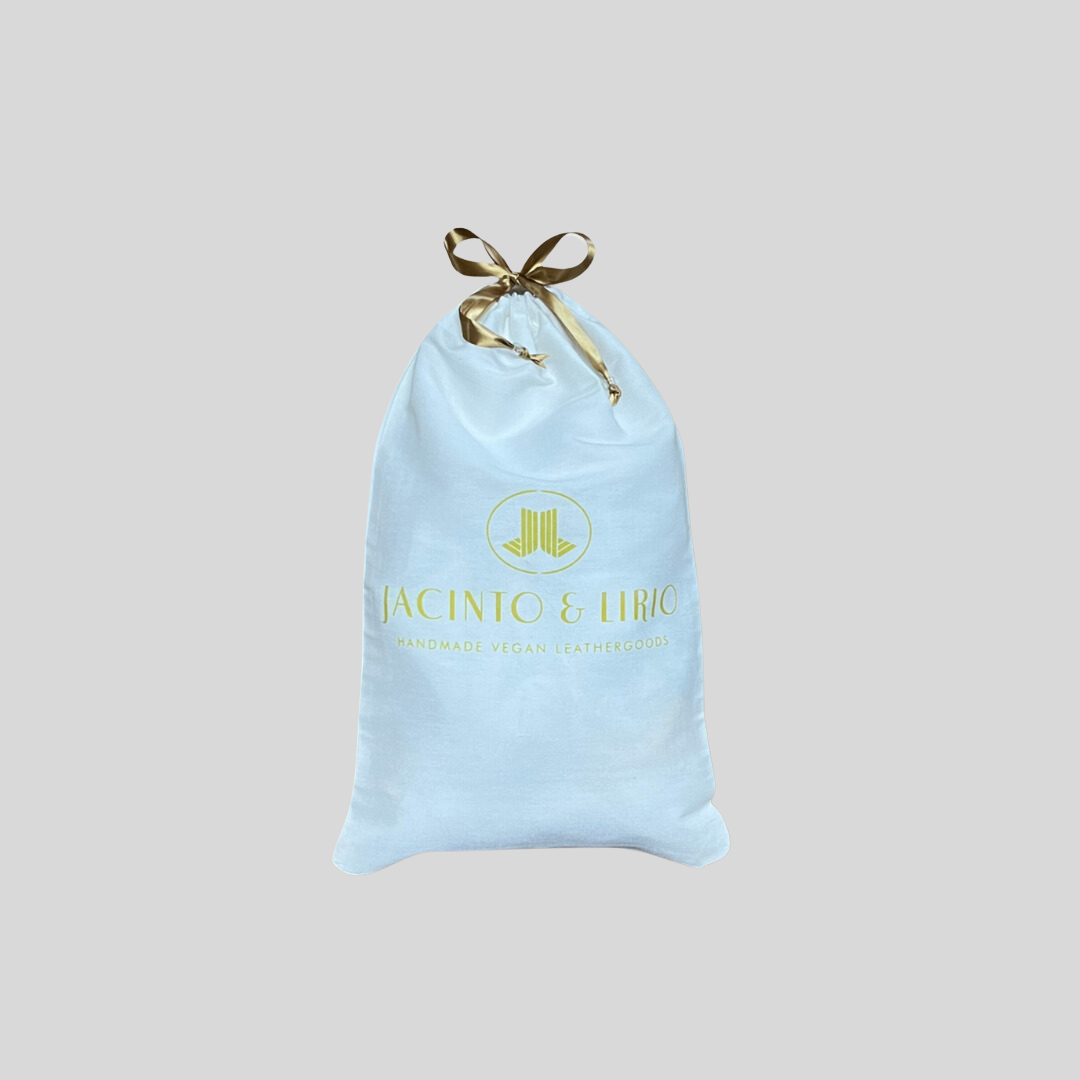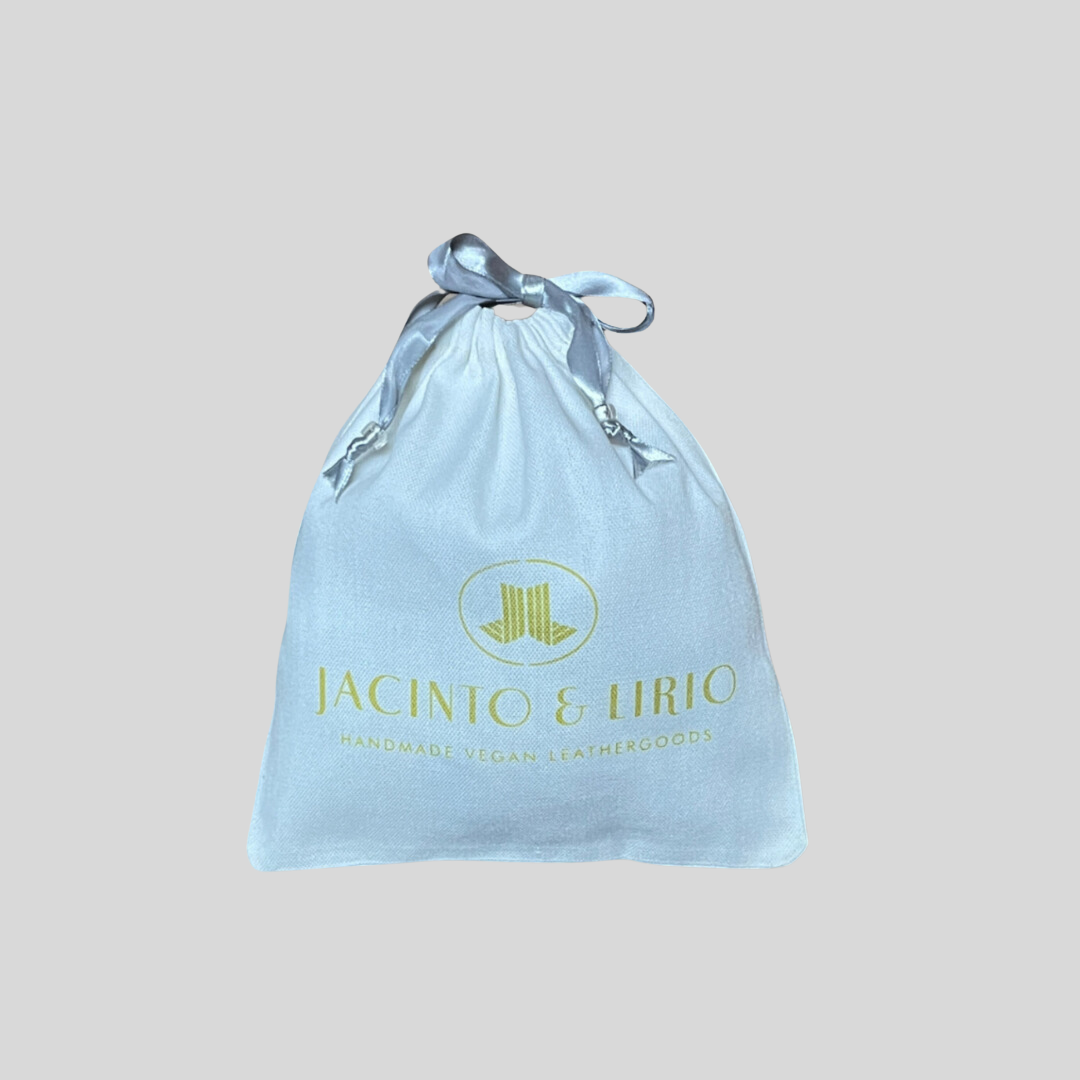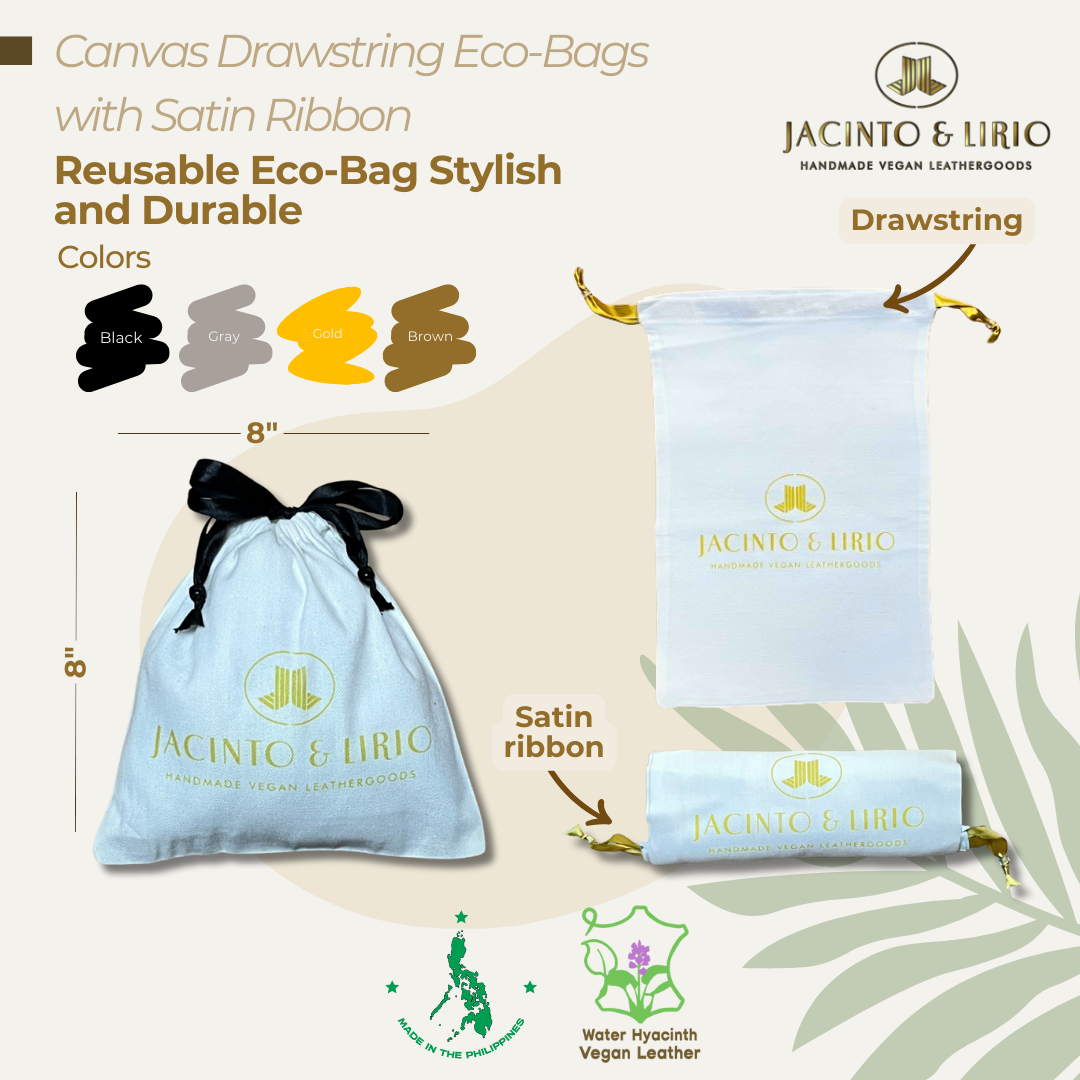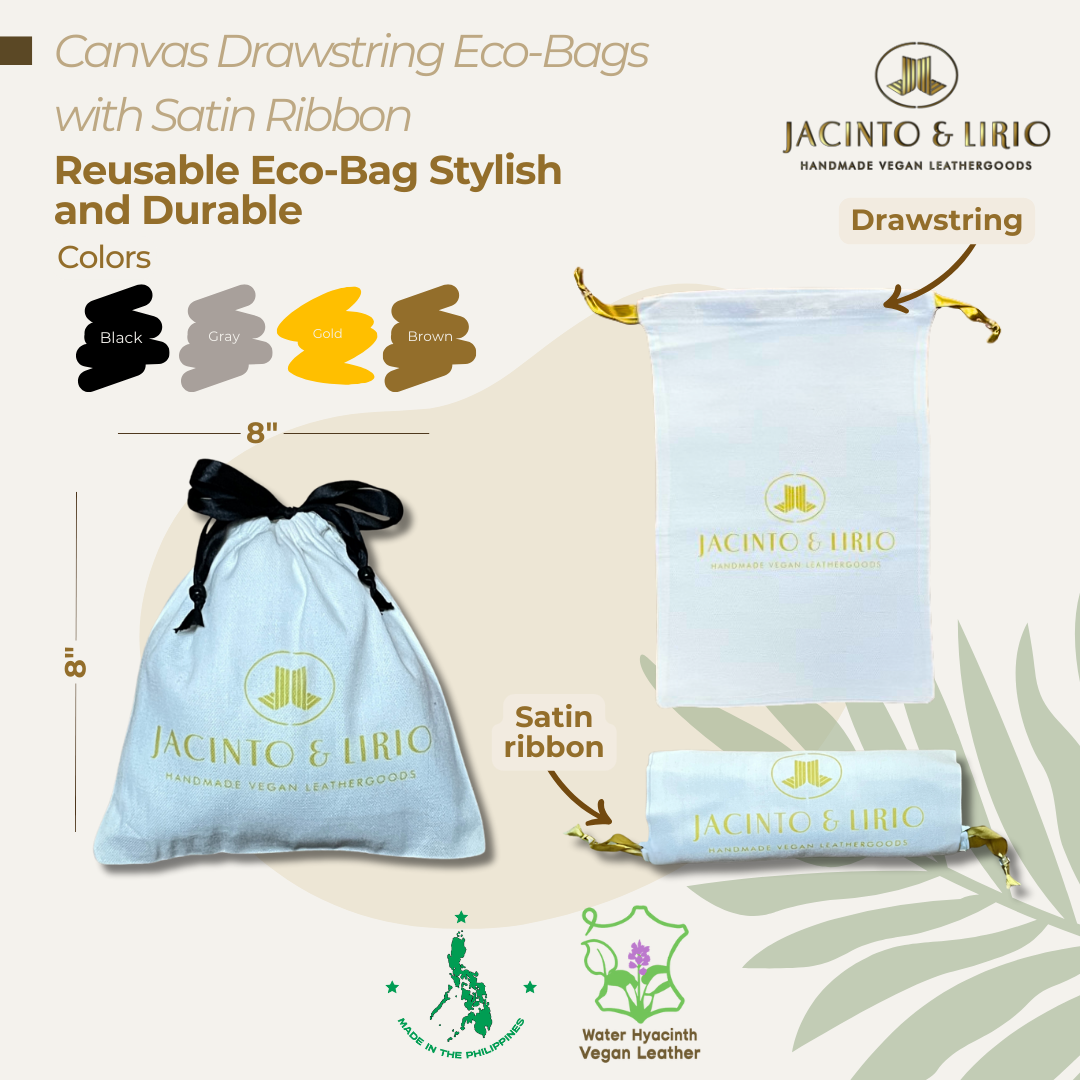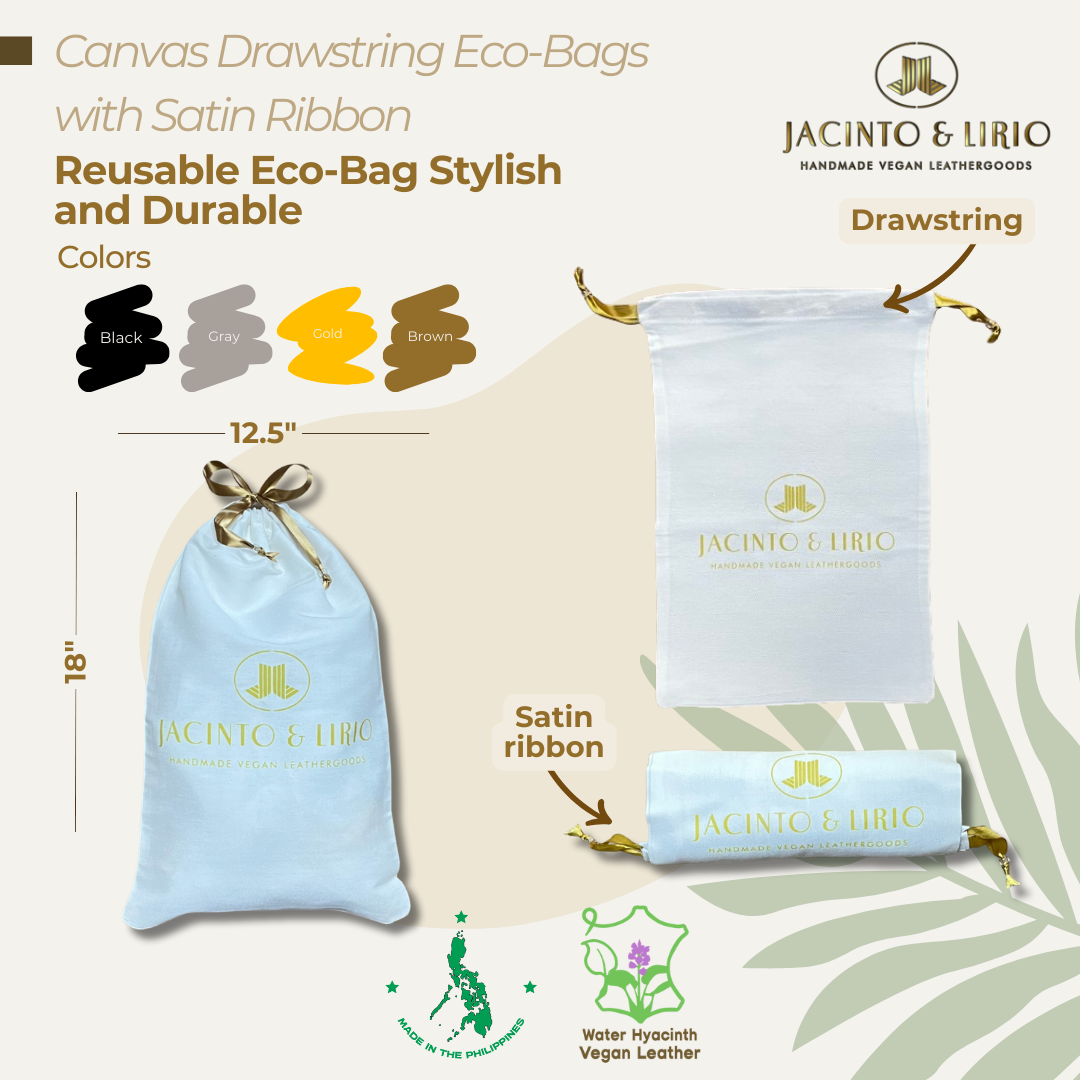Jacinto & Lirio
Jacinto & Lirio Canvas Drawstring Eco-Bags with Satin Ribbon
Jacinto & Lirio Canvas Drawstring Eco-Bags with Satin Ribbon
Philippine Made Water Hyacinth Vegan Leather
Couldn't load pickup availability
This Canvas Eco-bag might just be what you need to keep your items clean and protected. It comes in three different sizes so that you can fit all the items you need on-the-go. You can even use these eco-bags as a way to protect your Jacinto & Lirio clutches and handbags.
With its’ satin drawstring ribbon you can use these to give your gift wrapping the elegant look it needs.
Specifications
Specifications
- 8x8 in
- 10x15 in
- 12.5x18 in
Personalization
Personalization
Package Contents
Package Contents
- 1pc Canvas Eco-bag
Care Instructions
Care Instructions
Corporate Giveaways
Corporate Giveaways
For bulk corporate orders consisting of 100pcs and above email us at: corporategiveaways@jacintoandlirio.com
For wedding and event inquiries email us at: jacintomarrieslirio@jacintoandlirio.com
For international bulk orders email us at:helloworld@jacintoandlirio.com
Share

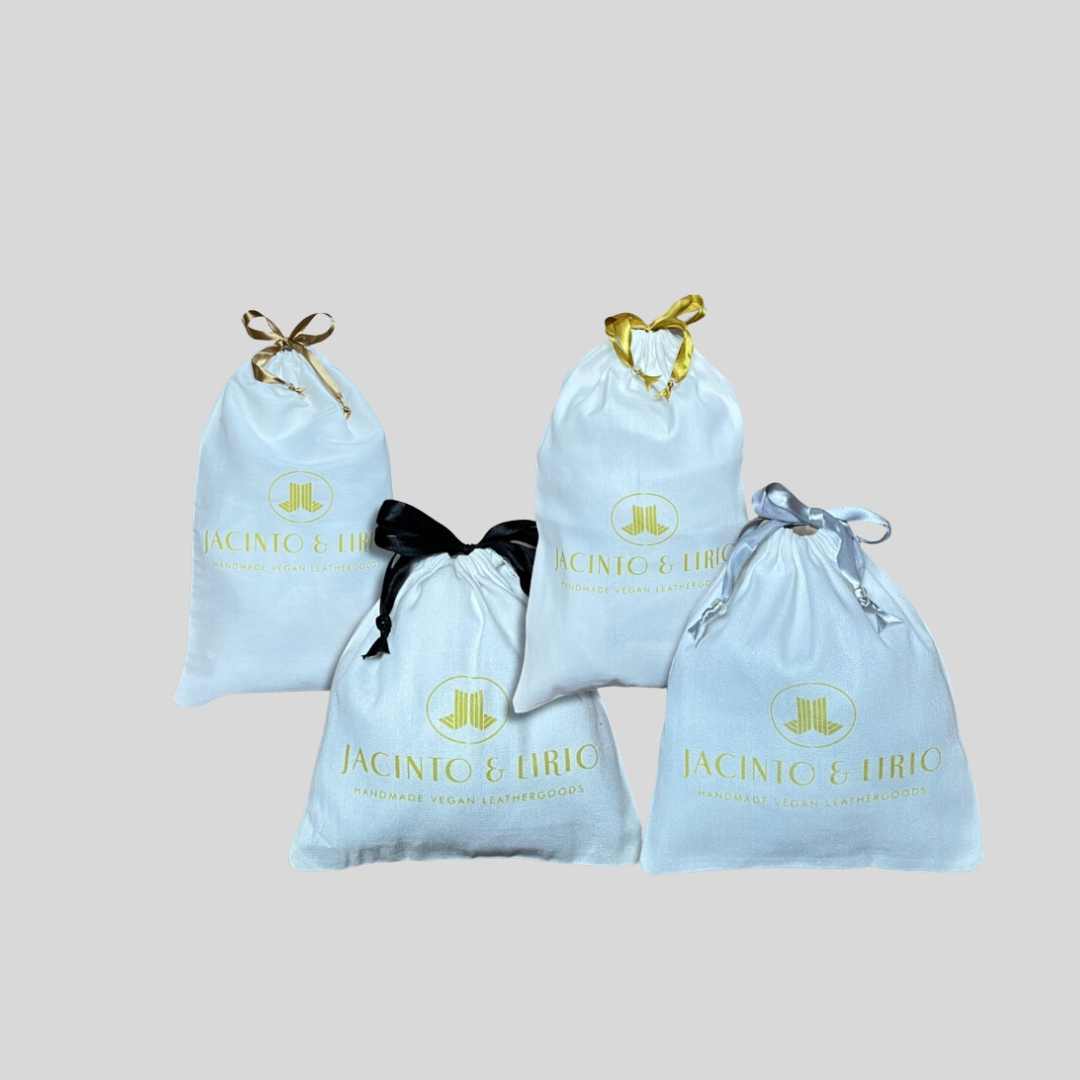
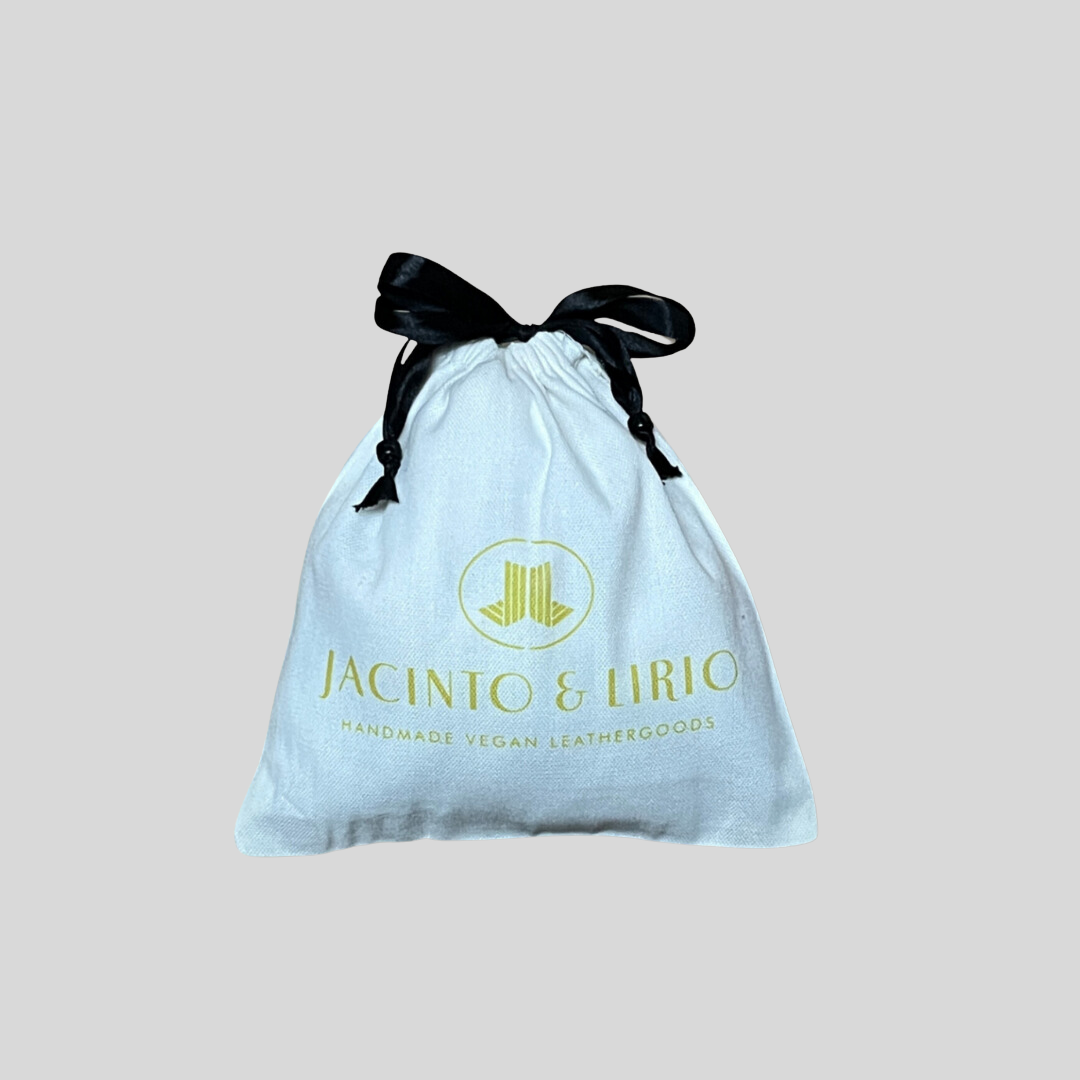
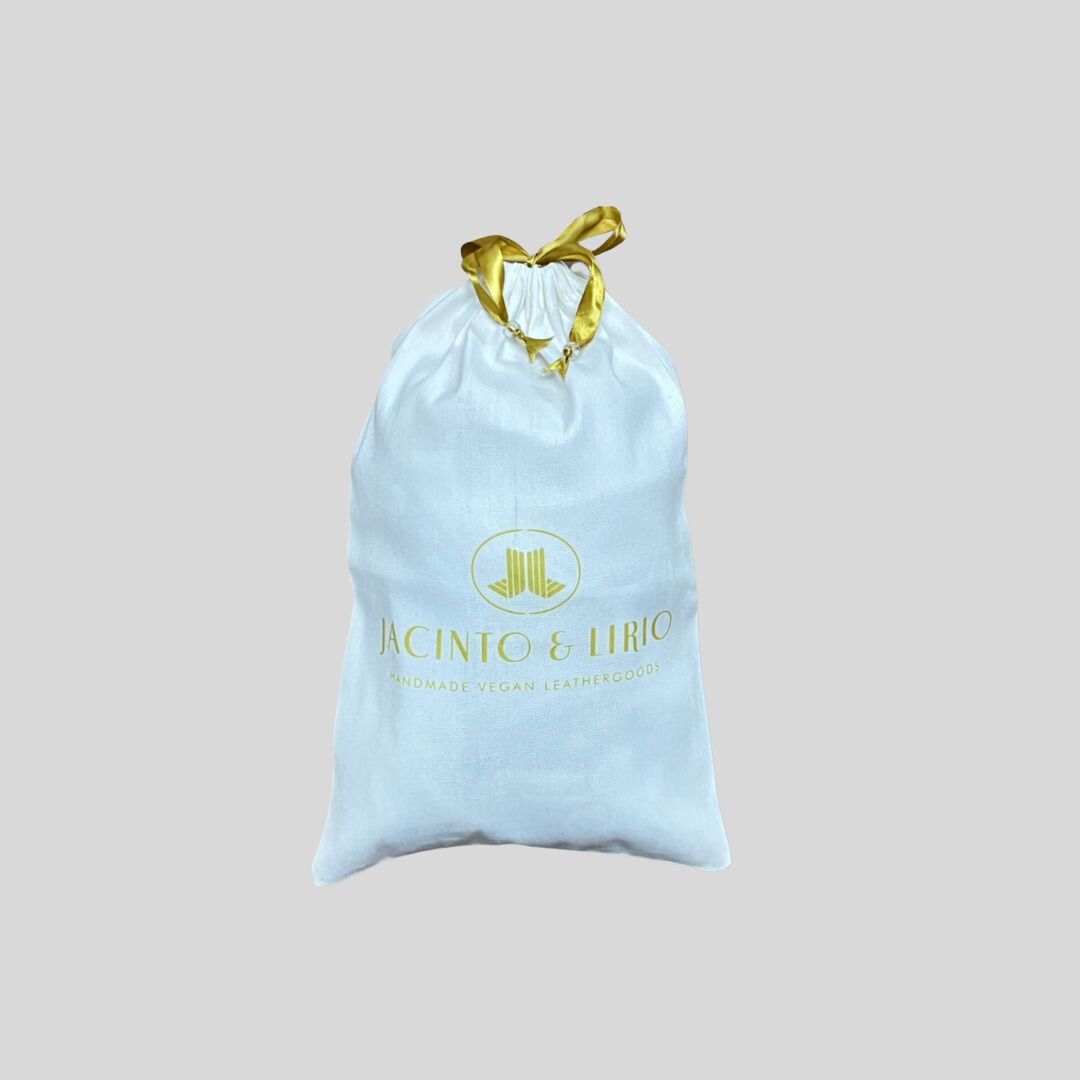
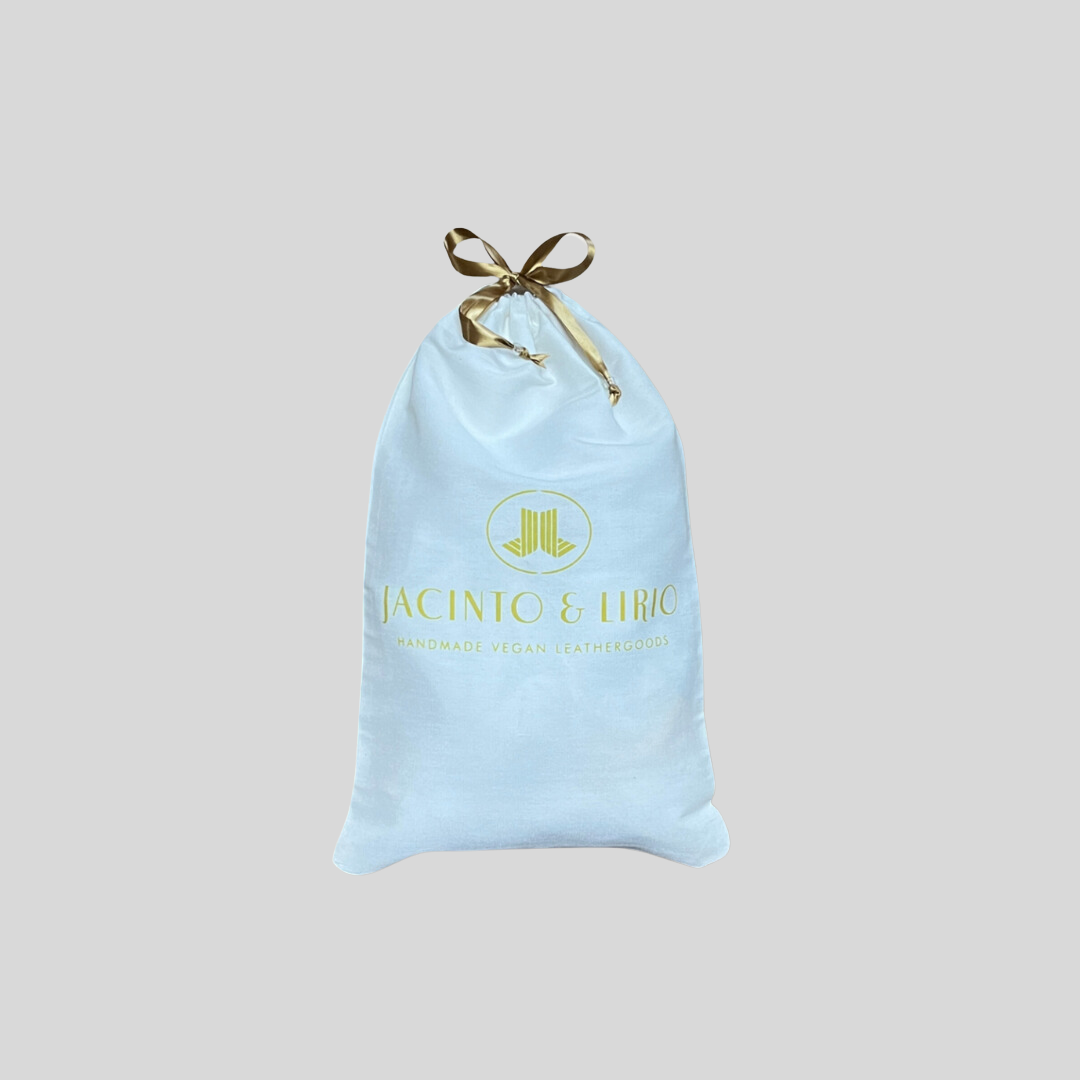
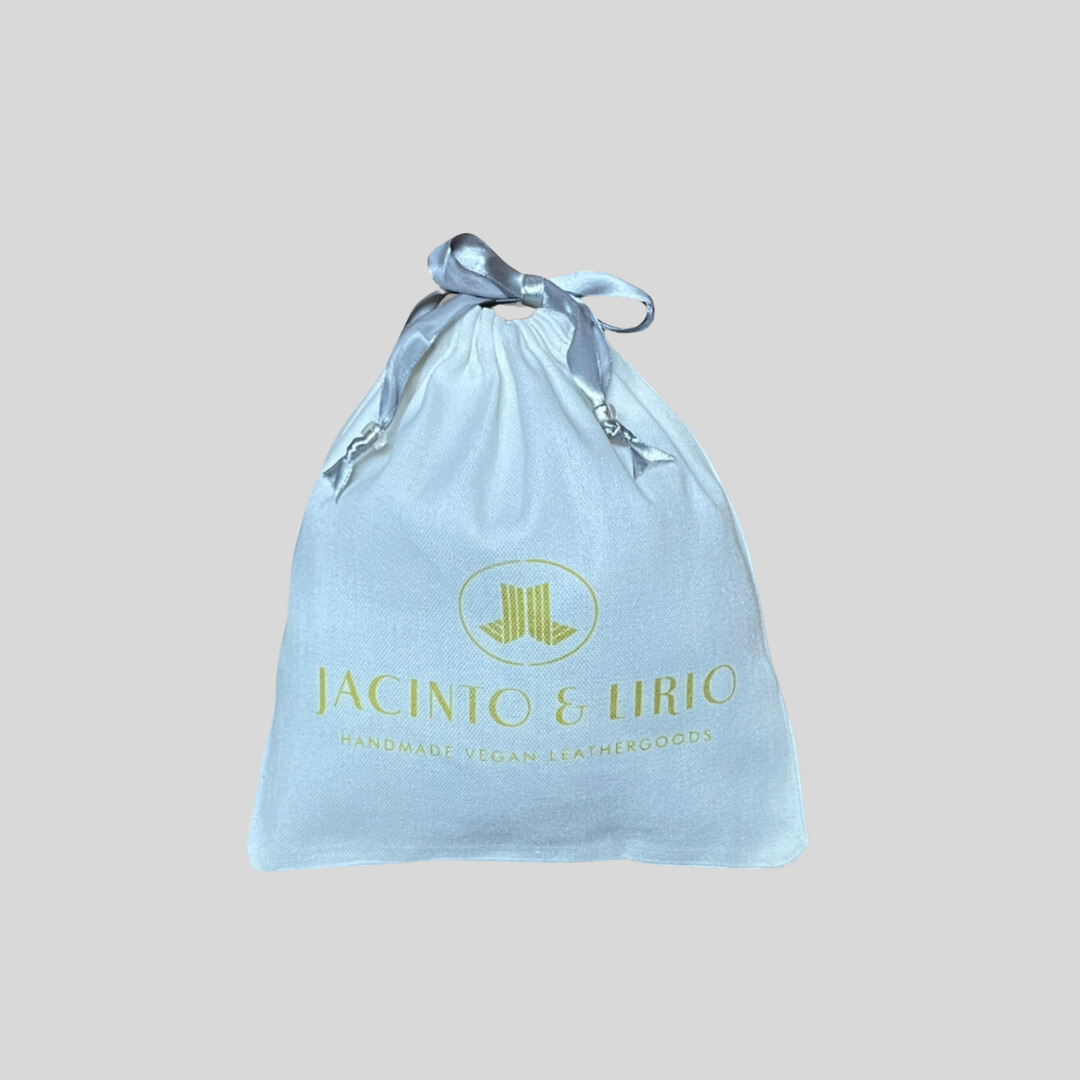



PRODUCT USES
FEATURES
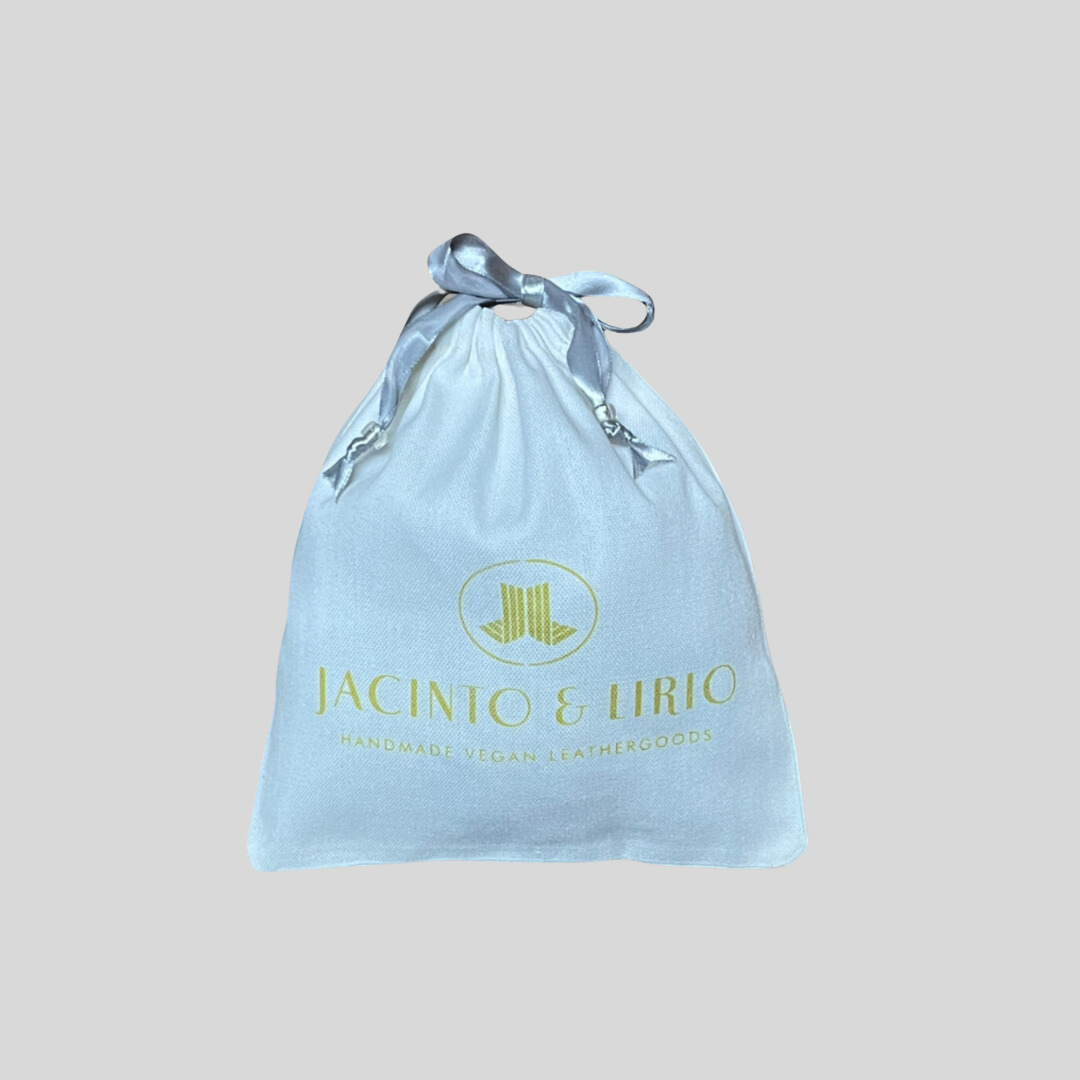
REUSABLE ECO-BAG
It's all the rage these days to make your gifts look extra special and one-of-a-kind. With the variety of sizes of the eco-bag, you can use this as a bag protector or even as a sleek way to wrap your gifts.
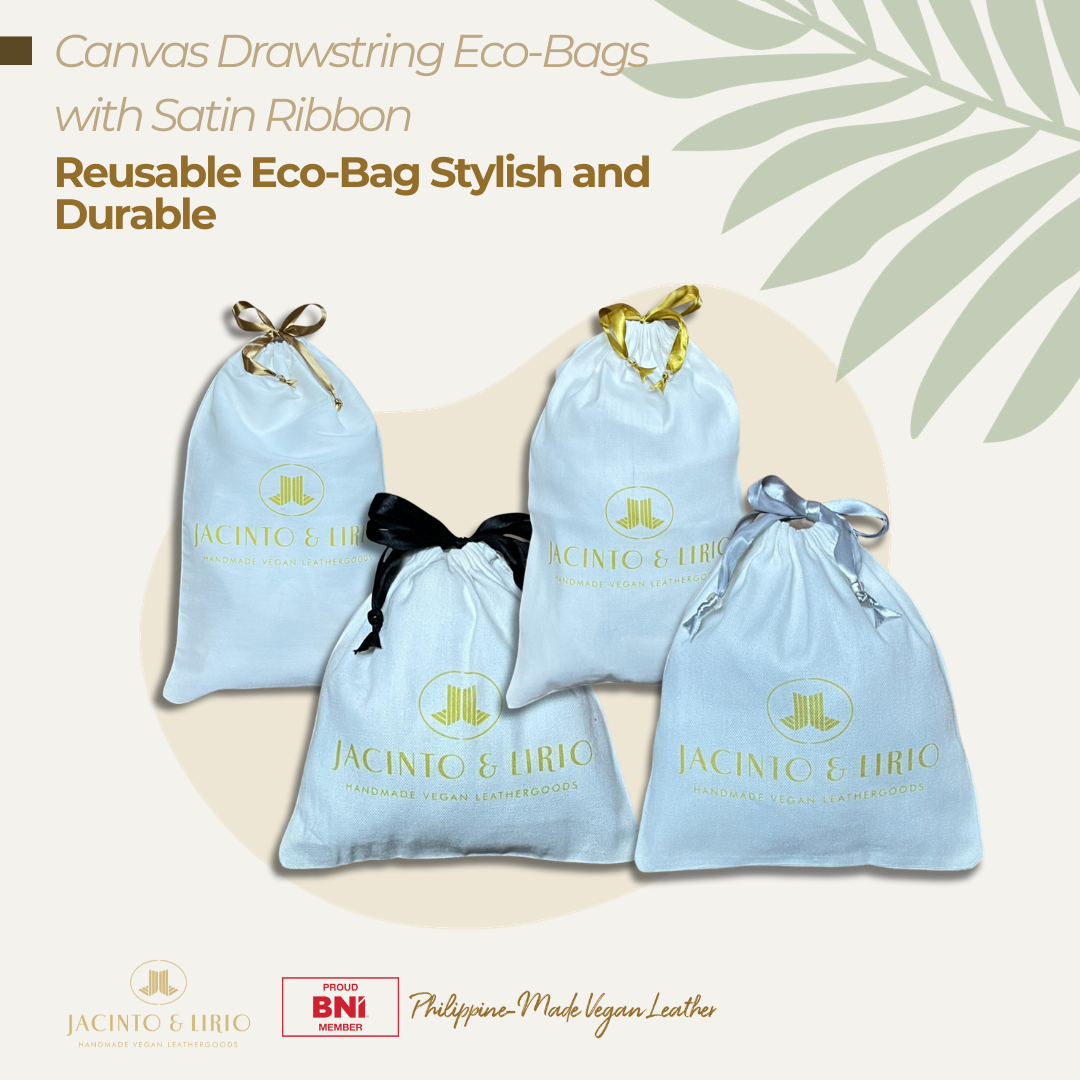
UNISEX
Cream, Black, gray, and gold are some well known unisex colors which are used for these eco-friendly bags.
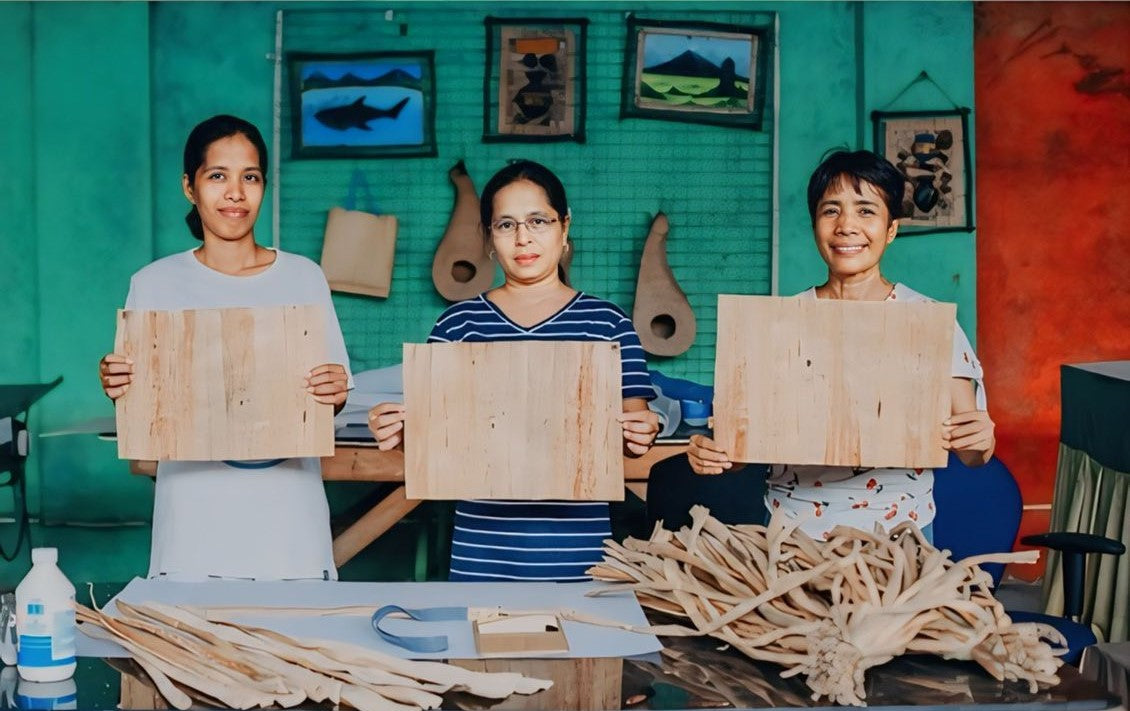
Jacinto & Lirio means "Hyacinth and Lily"
J&L serves as a viable environmental, social, and commercial solution for the water hyacinth infestation plaguing several communities in the Philippines.
Through the creation of functional, well-designed, Philippine-inspired plant leathergoods, enables us to help with the growth of affected communities' livelihood and extend their craft together with our designers' works to the popular market.
Water Hyacinth Leatherization Process
-
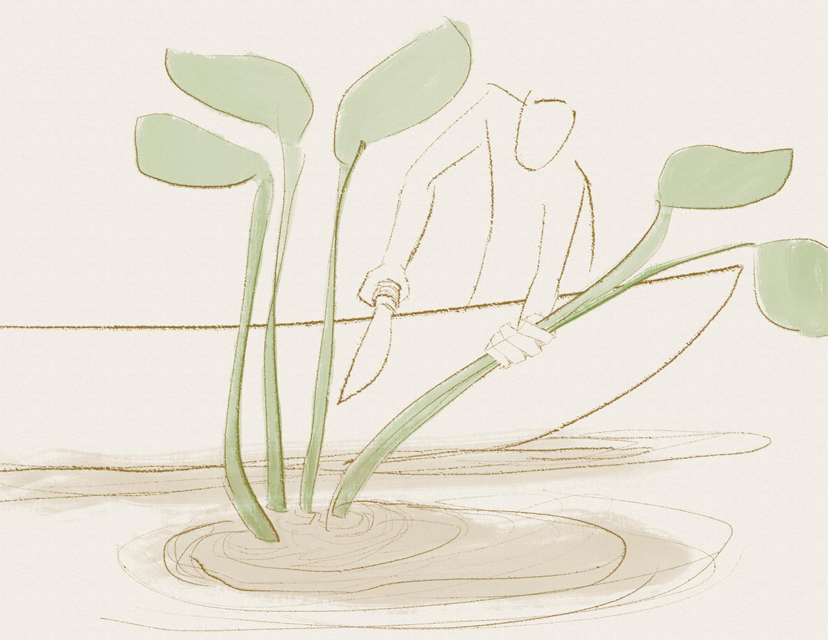
1. Harvesting
Use a boat to harvest Water hyacinth from an infested river
-
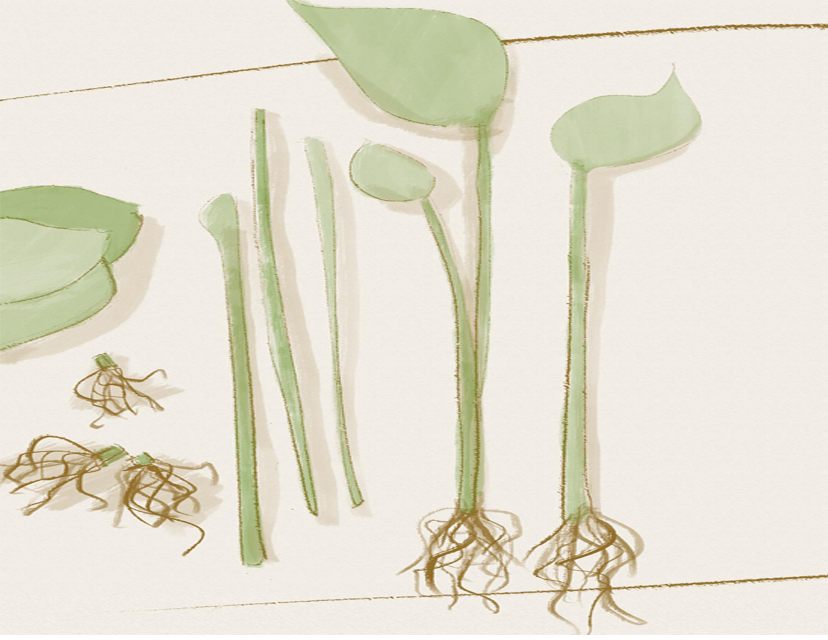
2. Cut the leaves and roots
Preparing for thorough cleaning of the stalks
-
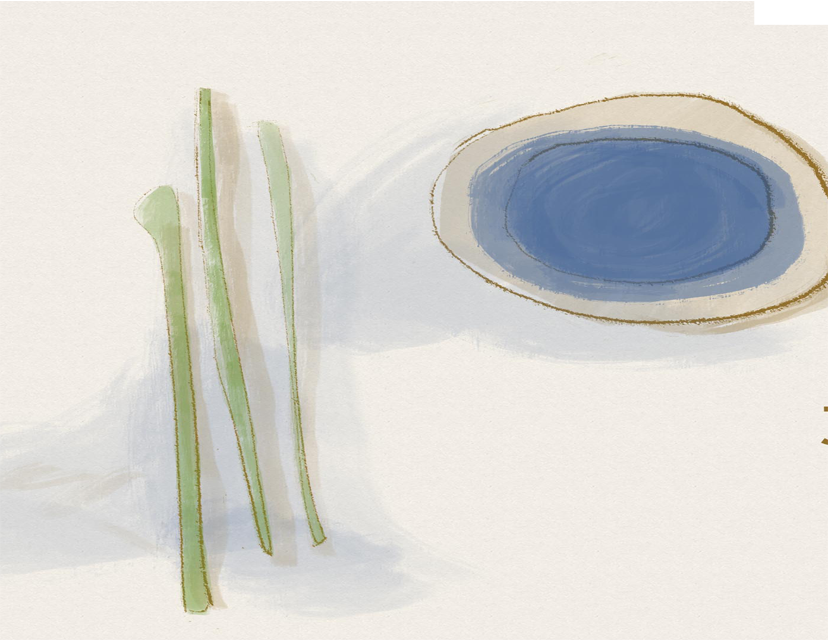
3. Clean the stalks
Making sure insects and other debris are cleaned off the plant.
-
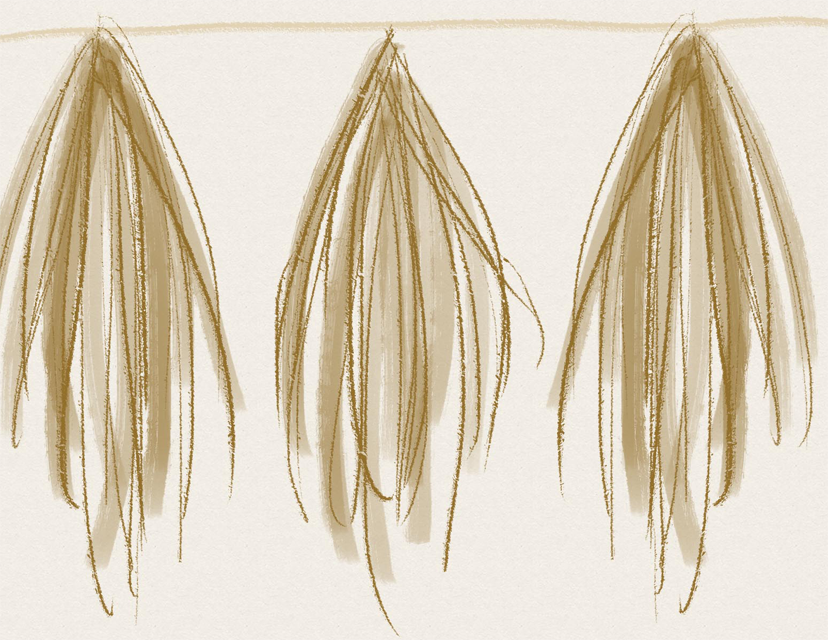
4. Drying
The stalks can be hanged, sun-dried or machine dried.
-
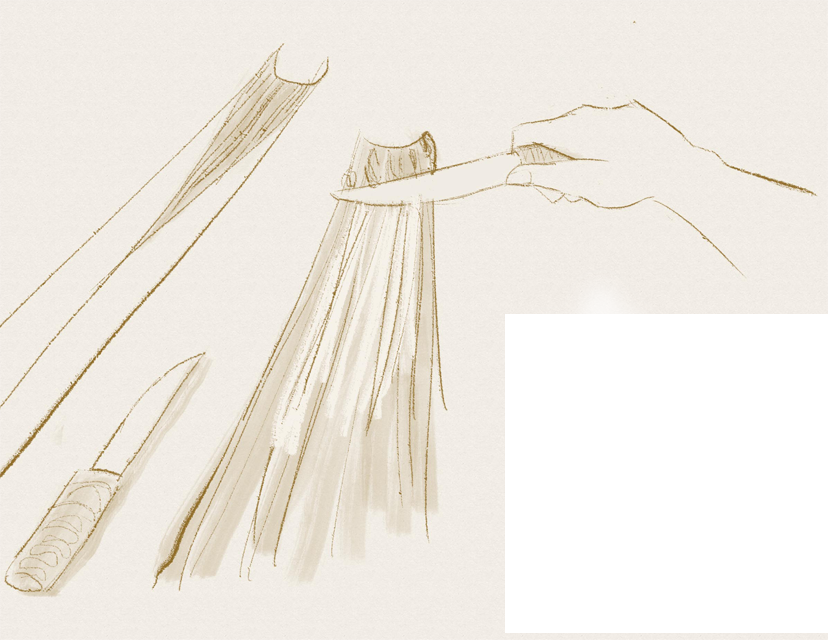
5. Scrape the fibers
-
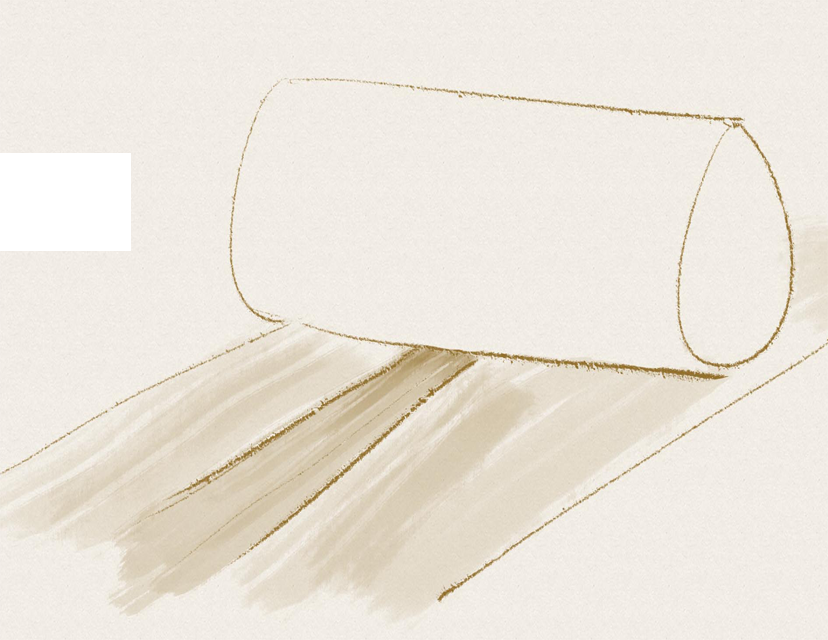
6. Flattening
The stalks are flattened using a flattening machine.
-
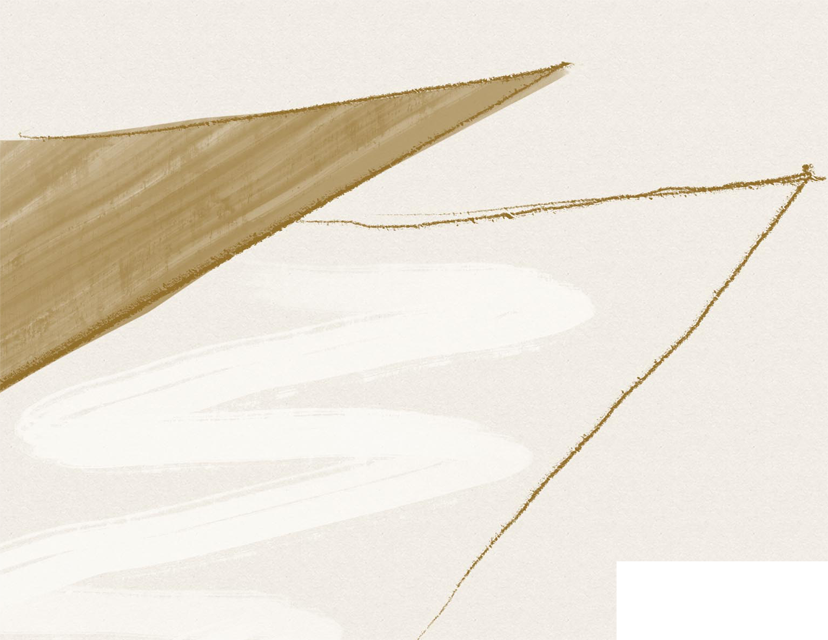
7. Stick Stalks to fabric
-
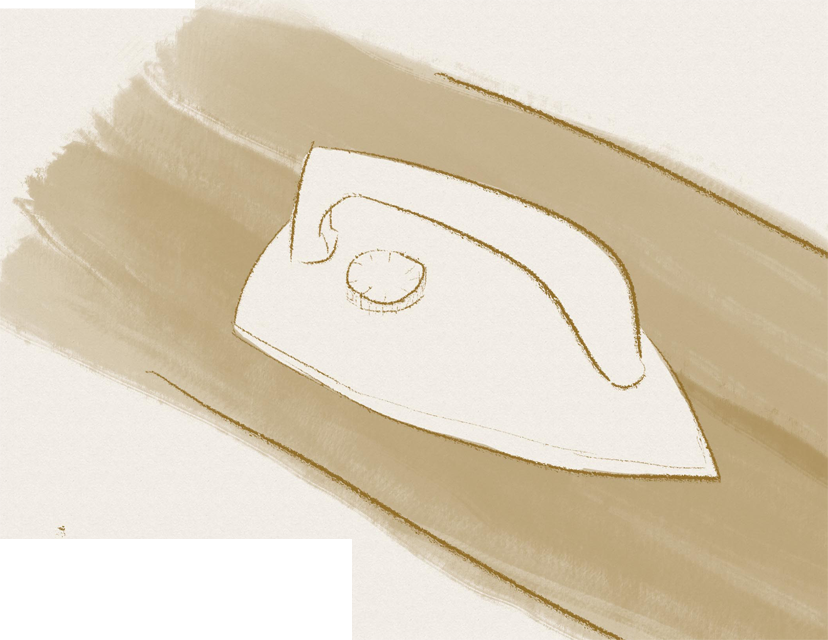
7. Ironing
Fabric is ironed with the pasted fried flat sheet
-
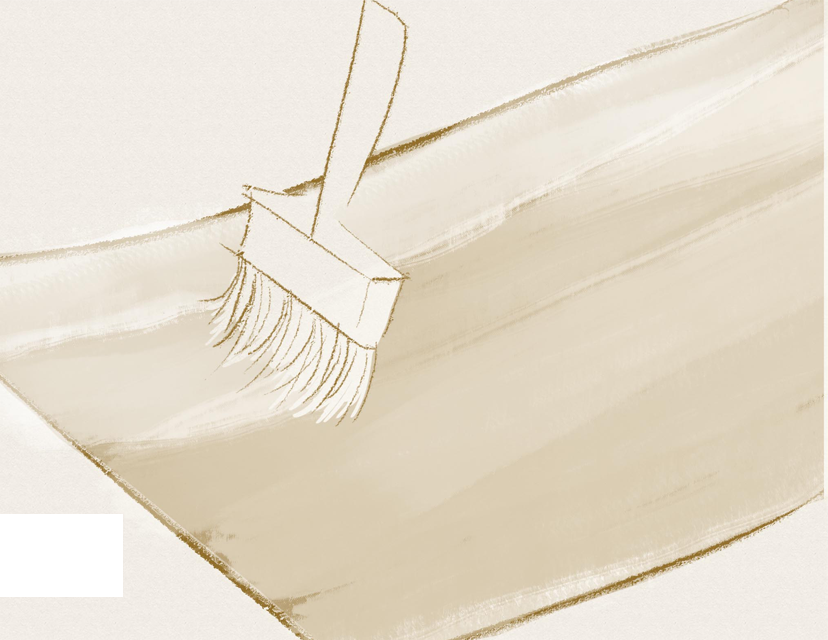
8. Anti mold
Anti mold preventive coat is applied
-
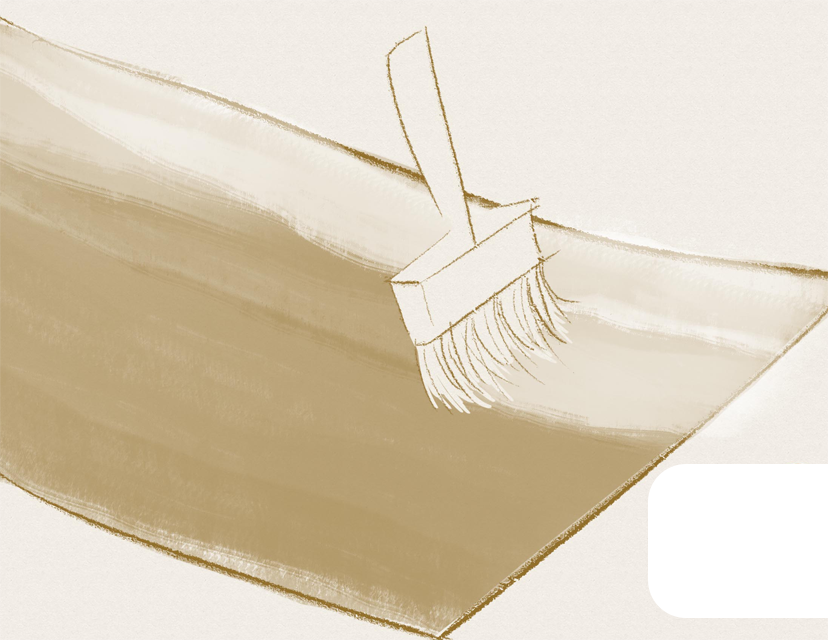
9. Protective top coat
A protective top coat is applied after the anti-mold layer dries
-
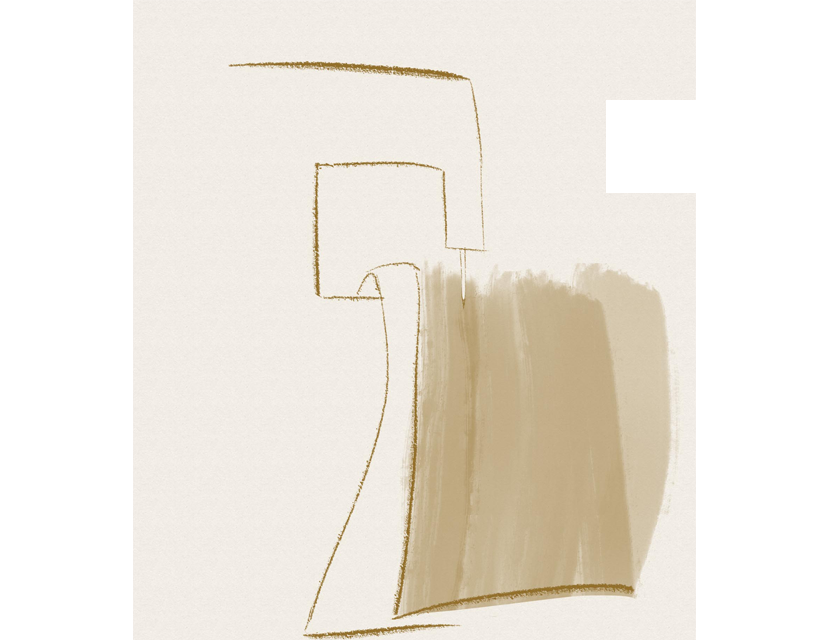
10. Sewing
The plant leather sheet is then sewed to the fabric.
